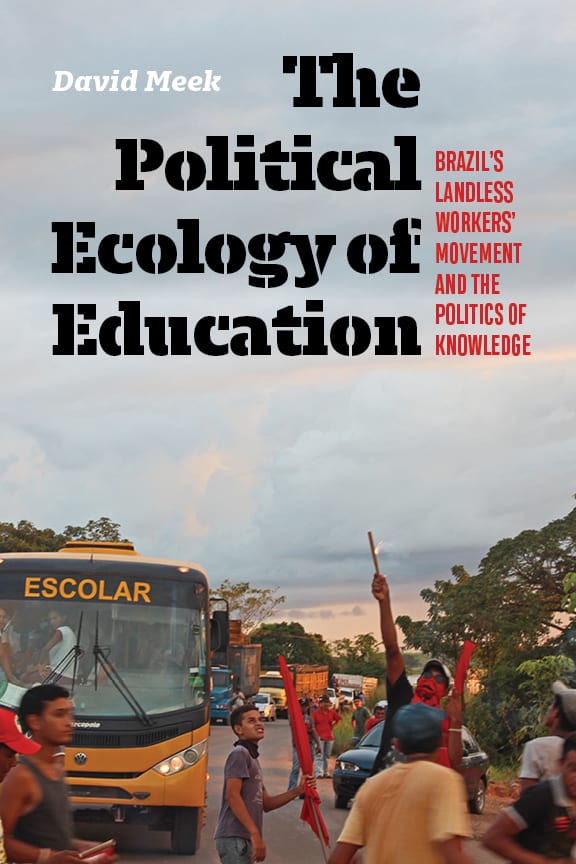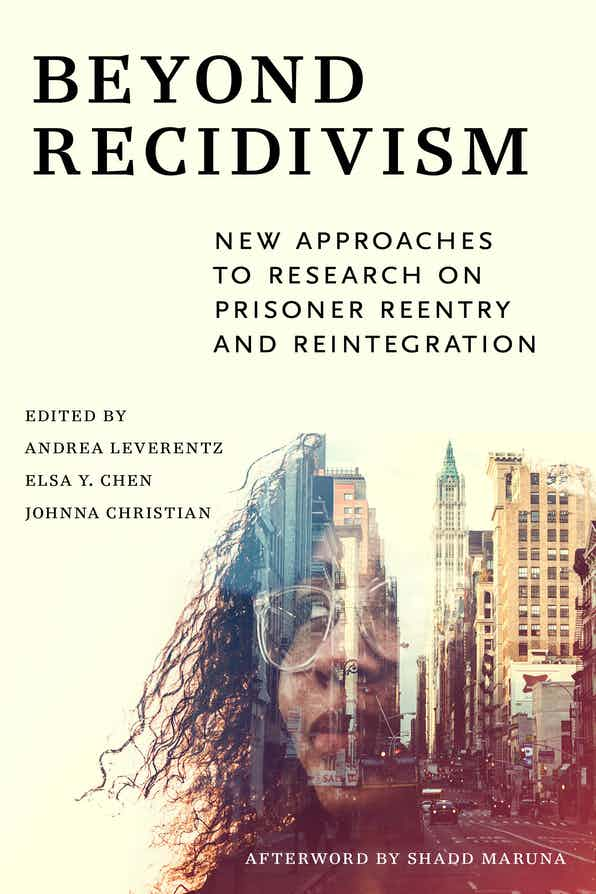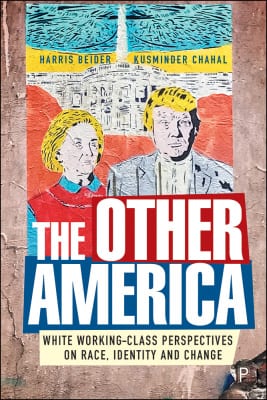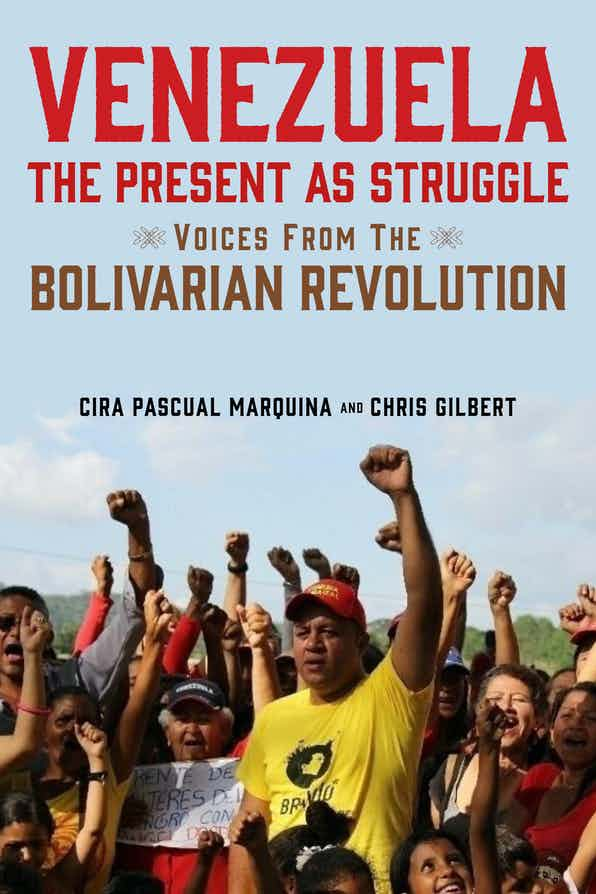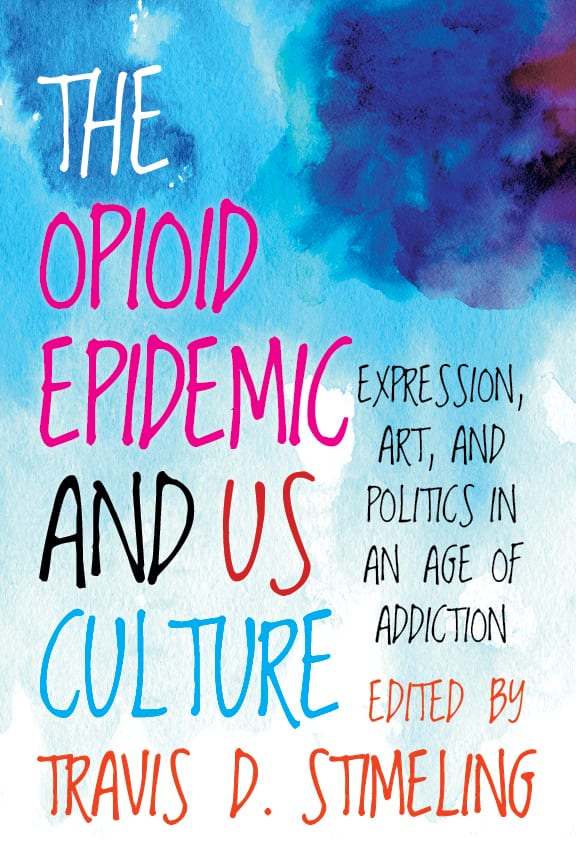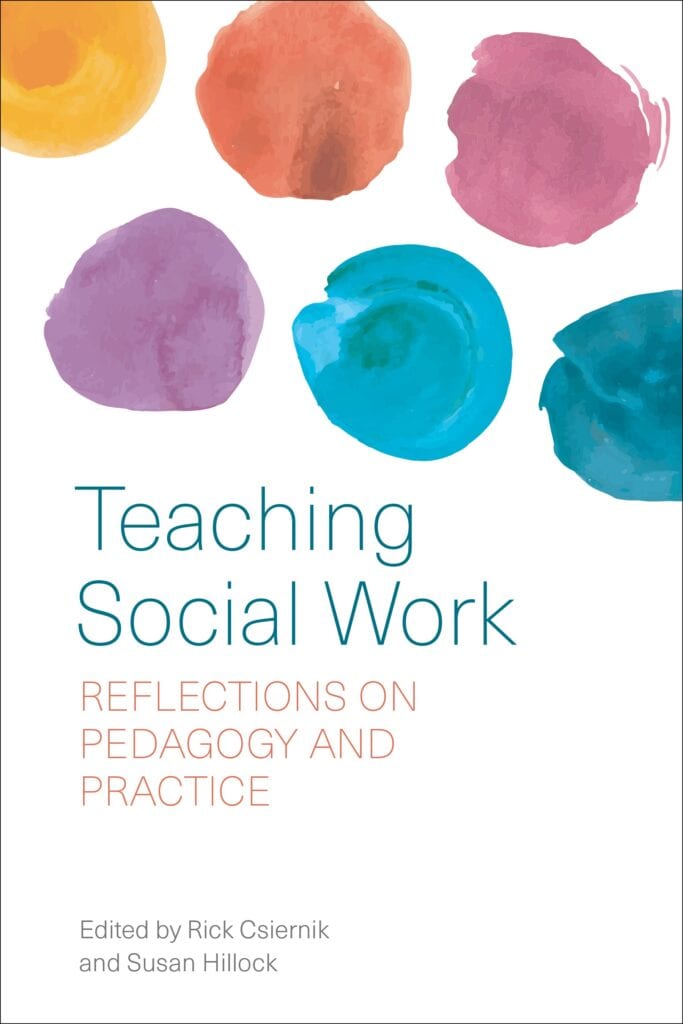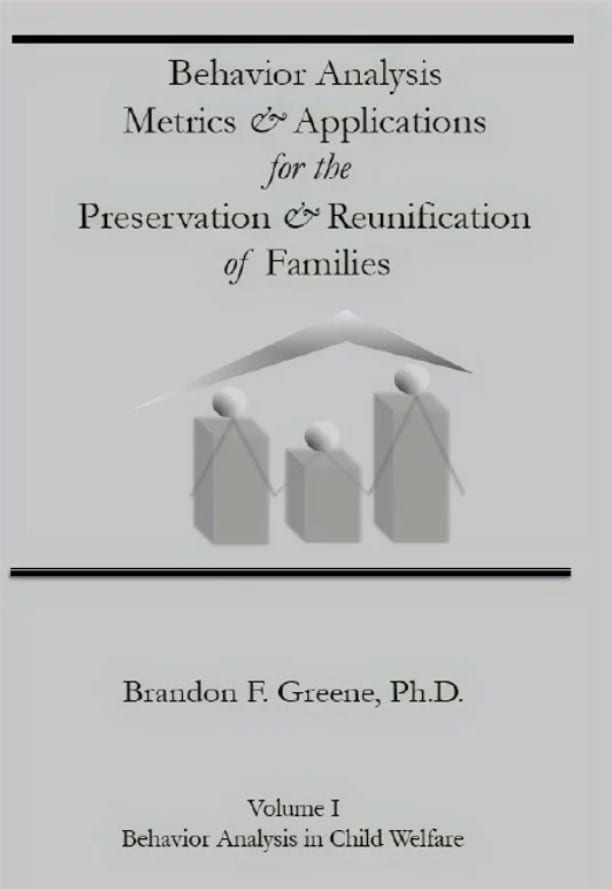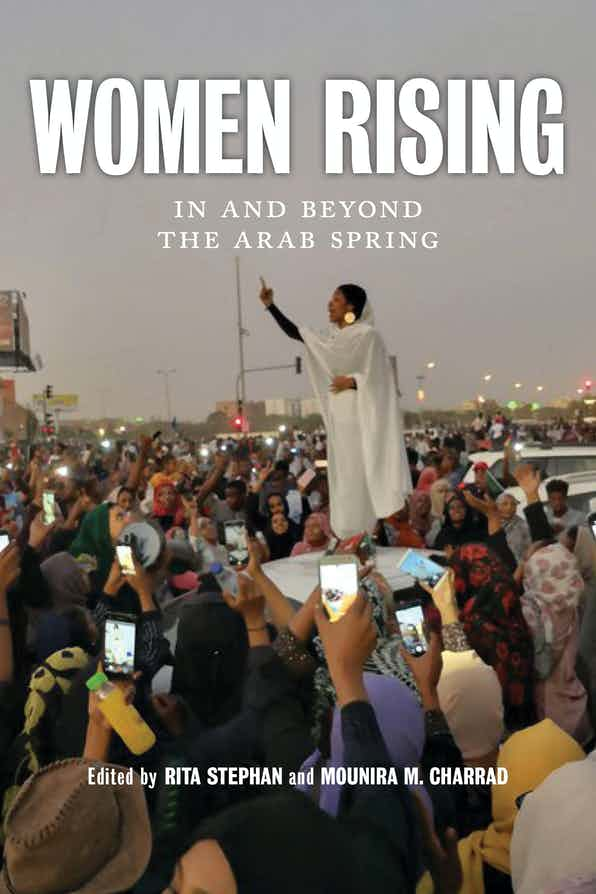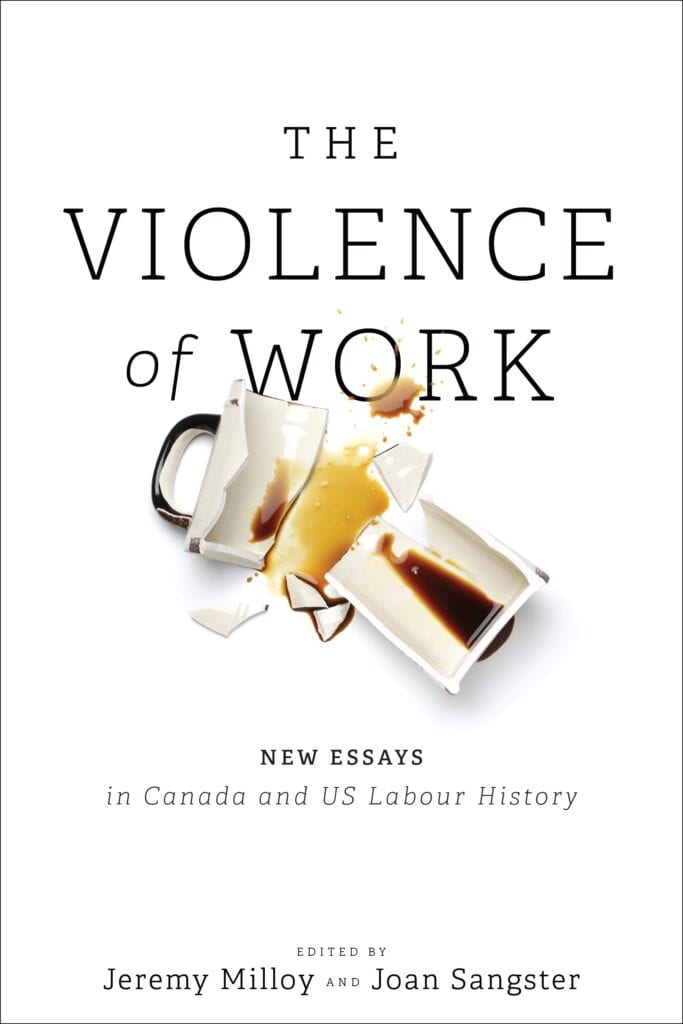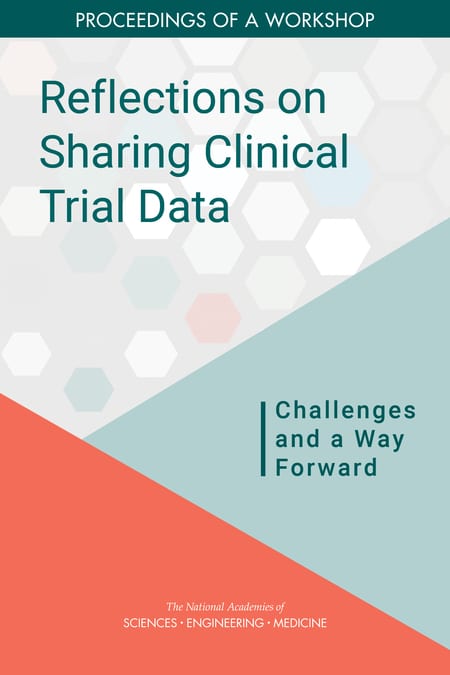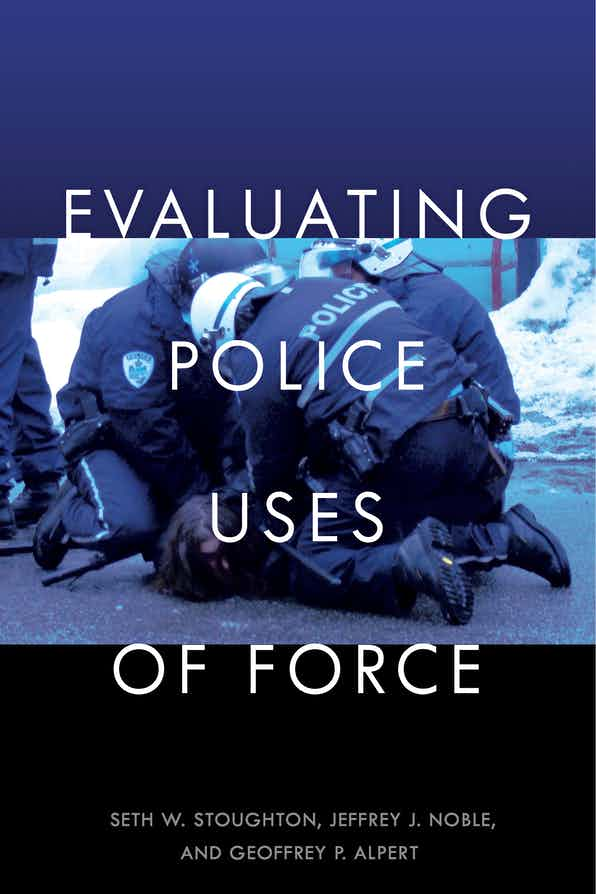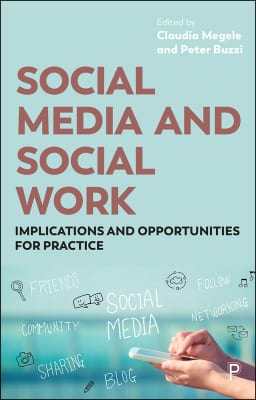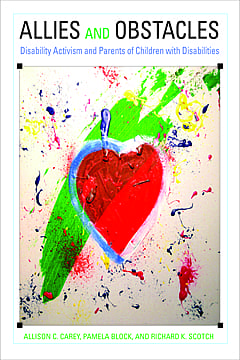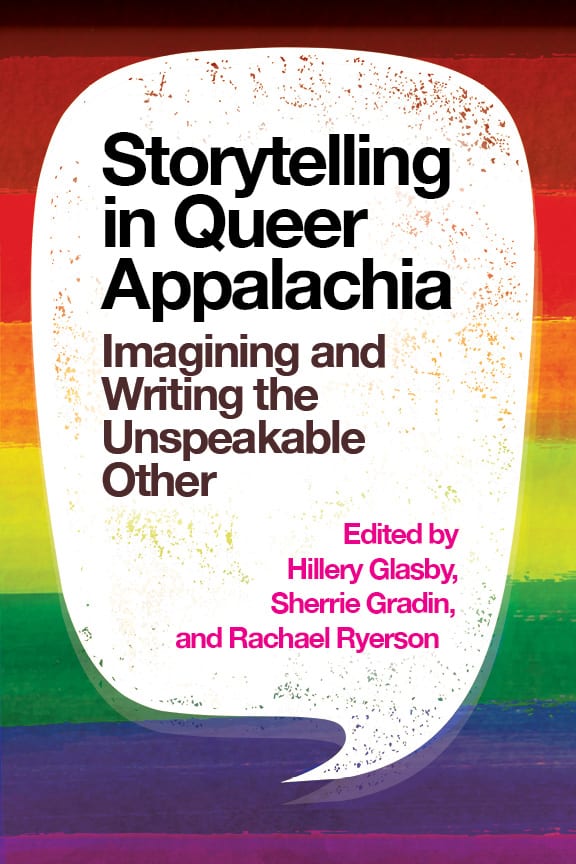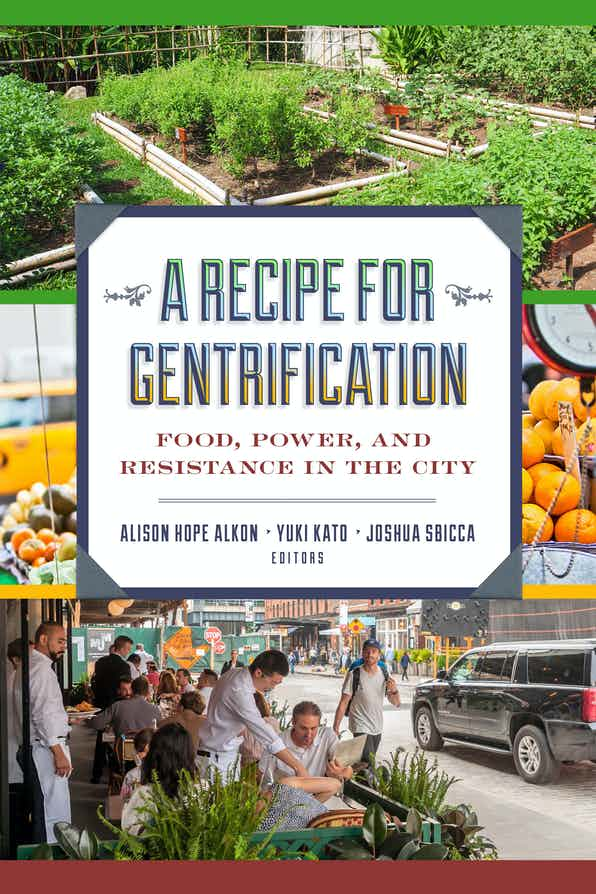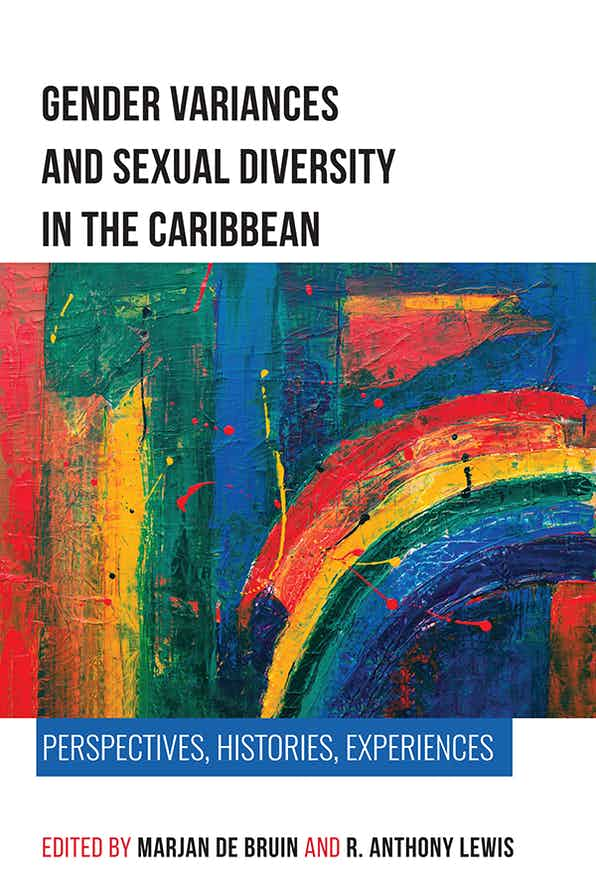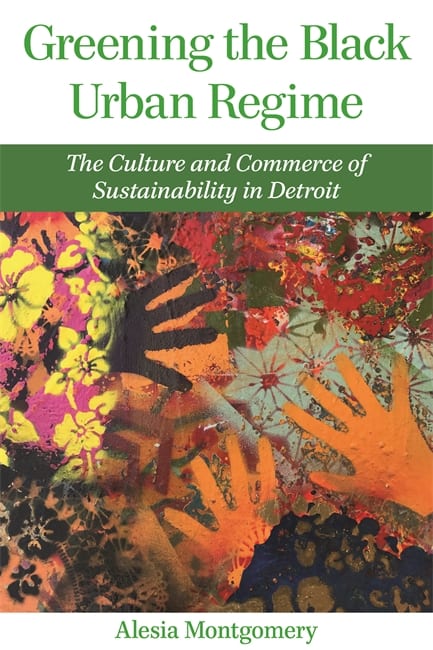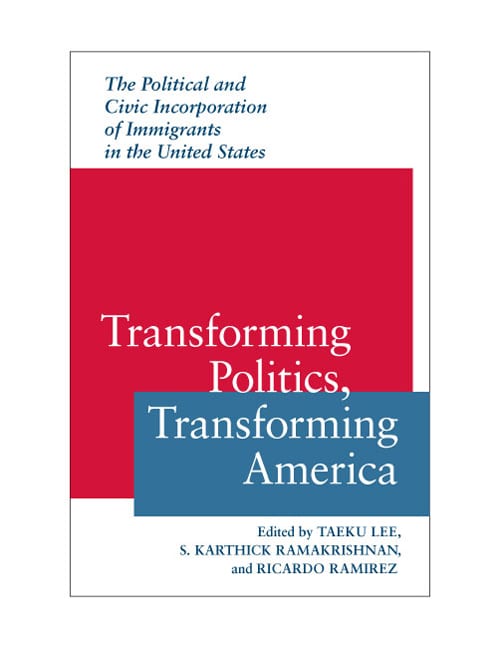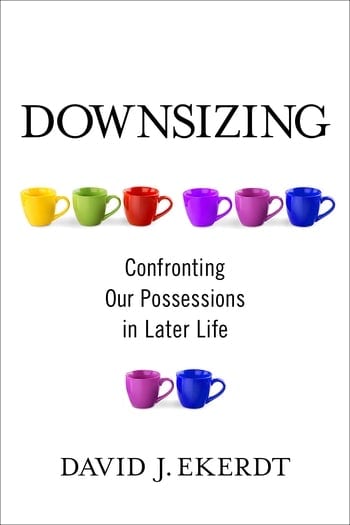
Downsizing: Confronting Our Possessions in Later Life

news, new scholarship & more from around the world

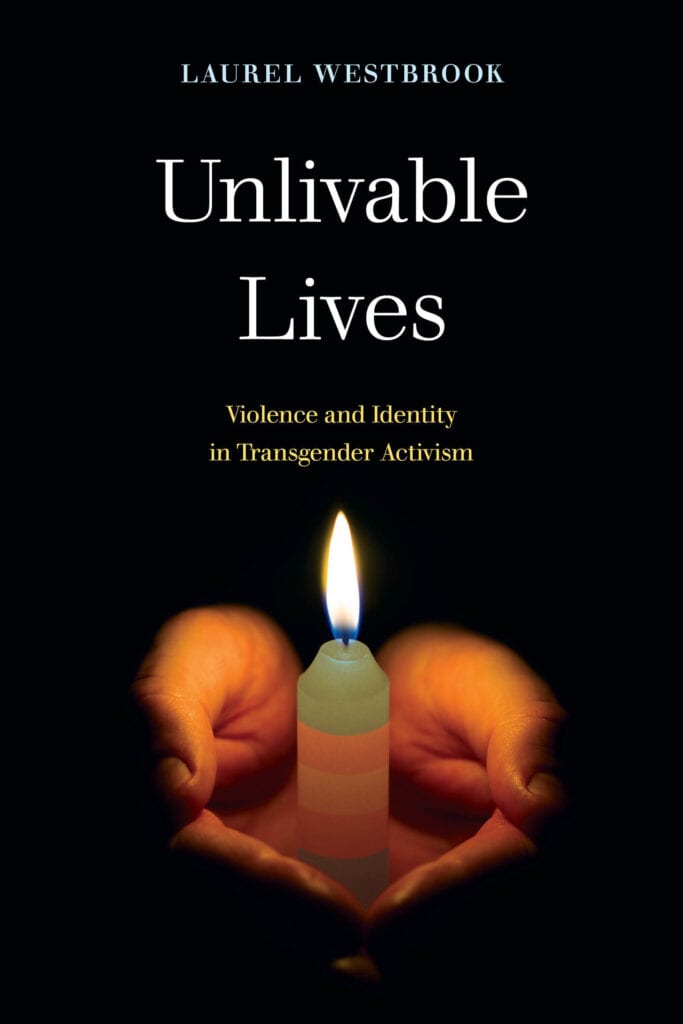
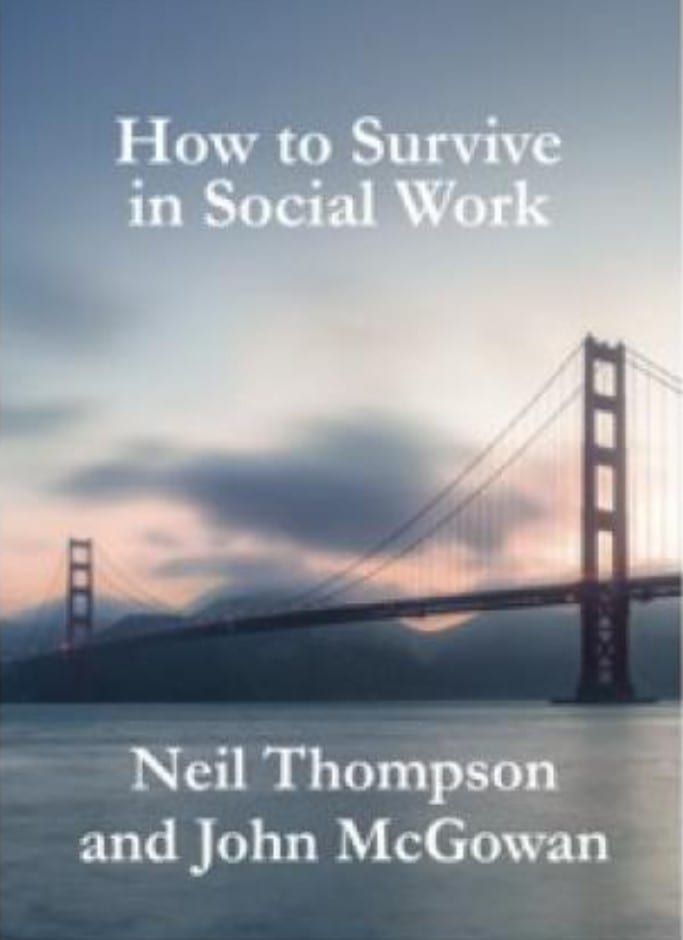
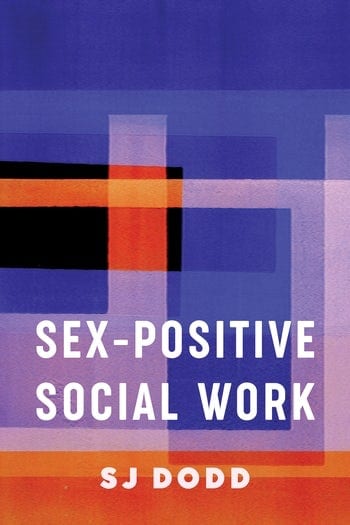
Dr. SJ Dodd is an Associate Professor at the Silberman School of Social Work at Hunter College and the CUNY Graduate Center. She is also founding director of the Silberman Center for Sexuality and Gender.
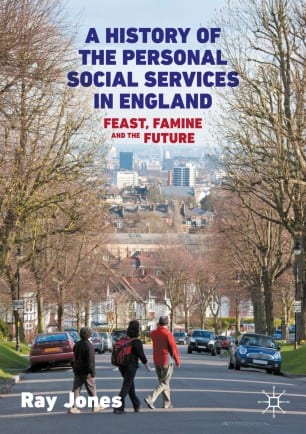
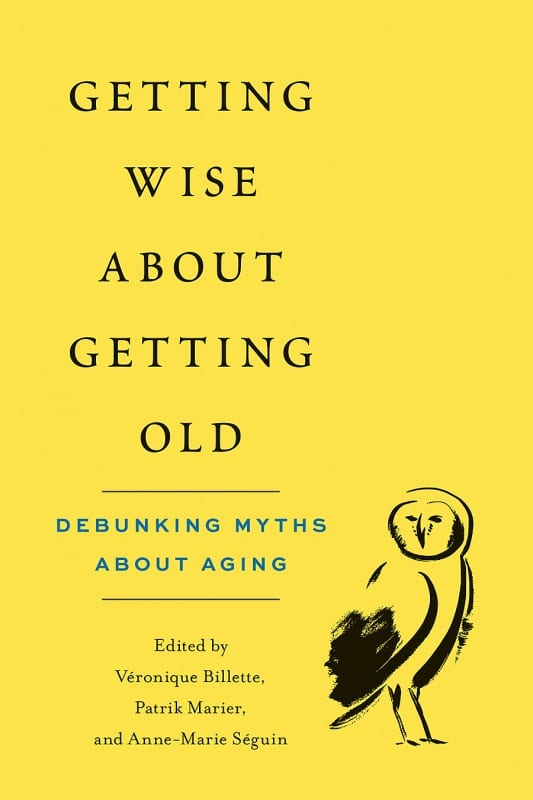
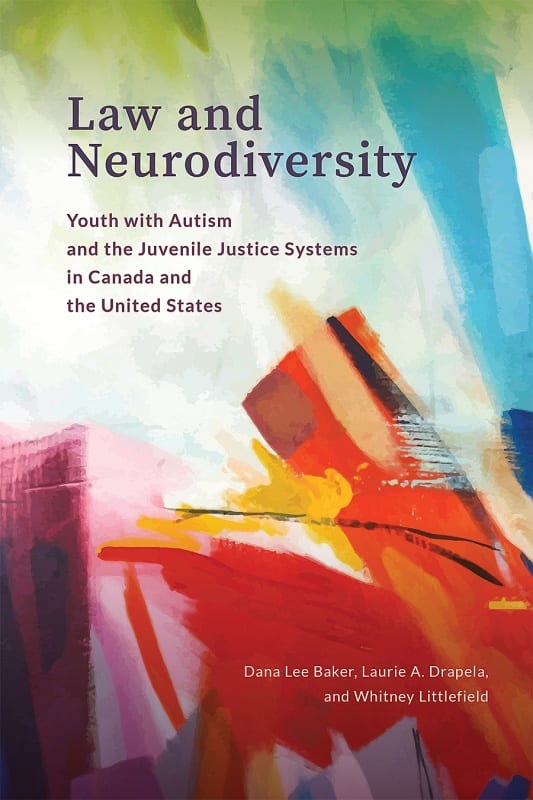

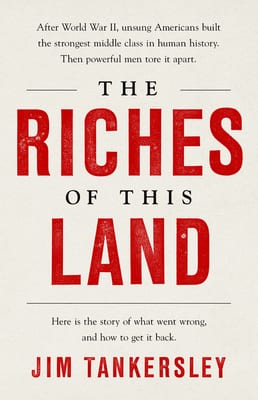
Tankersley fuses the story of forgotten Americans– struggling women and men who he met on his journey into the travails of the middle class– with important new economic and political research, providing fresh understanding how to create a more widespread prosperity. He begins by unraveling the real mystery of the American economy since the 1970s – not where did the jobs go, but why haven’t new and better ones been created to replace them.
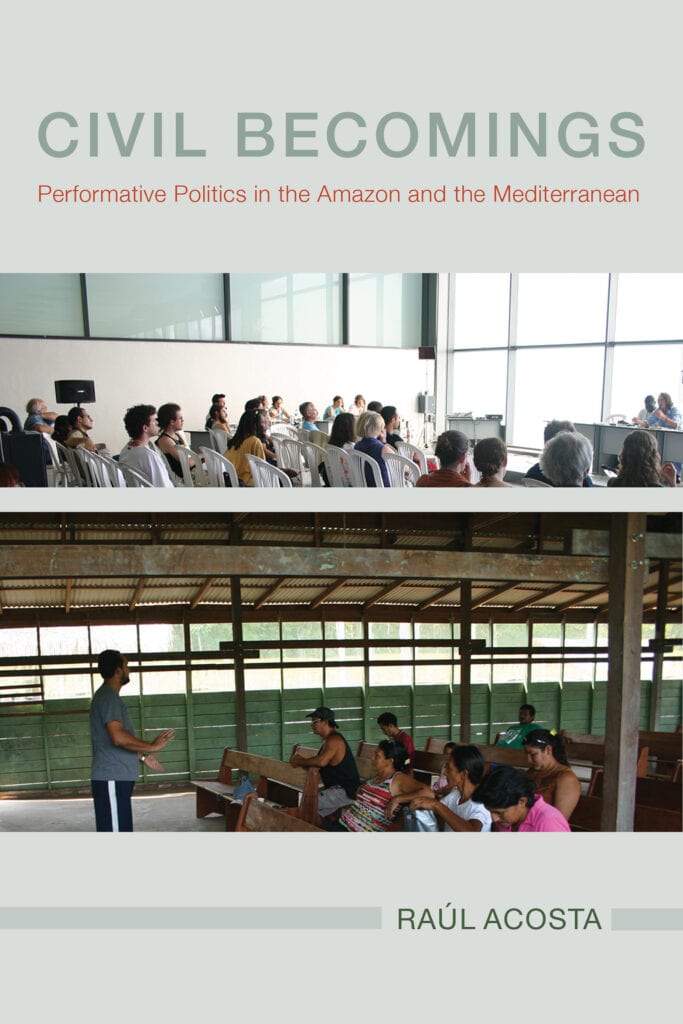
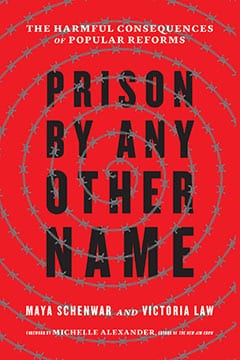
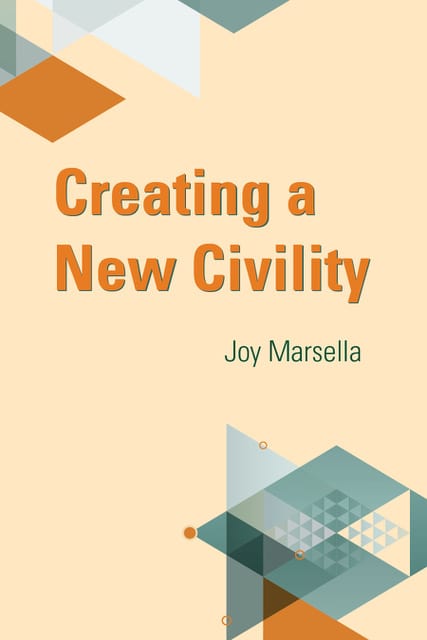
Why are people rude, nasty, and negative? Because, we are told, it works for them. Creating a New Civility makes a strong case that such conduct doesn’t work in any lasting way. This timely book discusses how we, as a culture, can move away from negativity and create civility at both the personal and community levels.
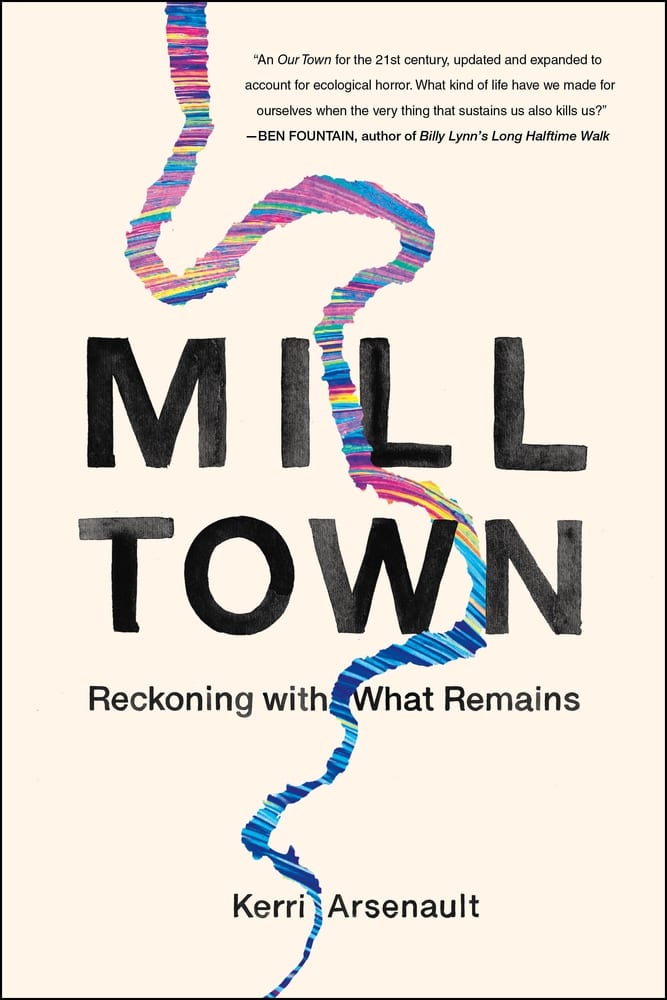
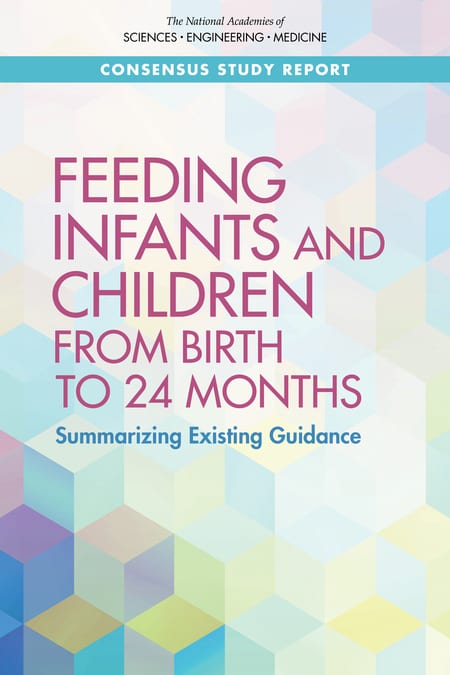

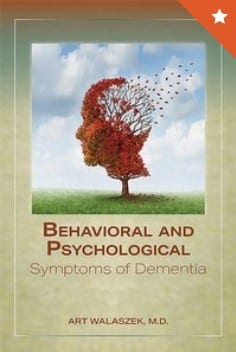
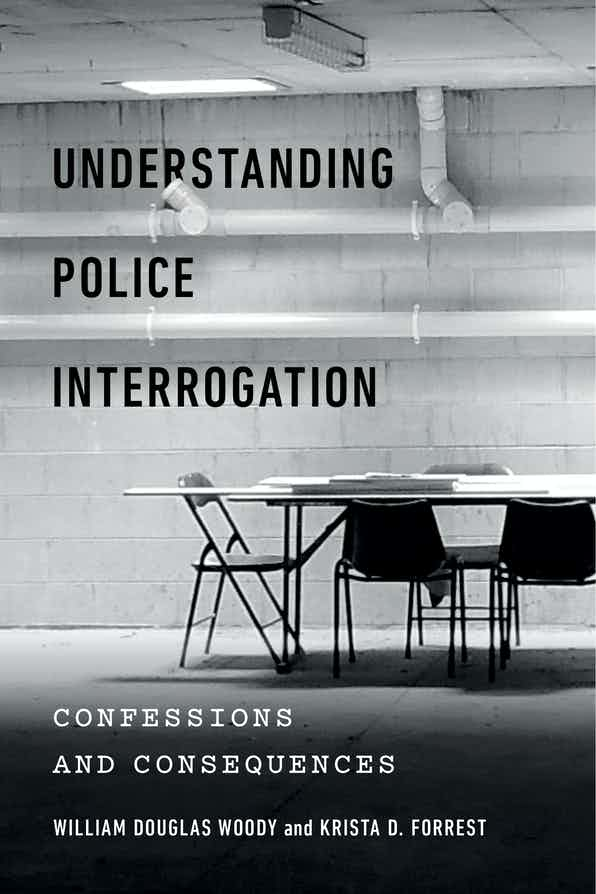
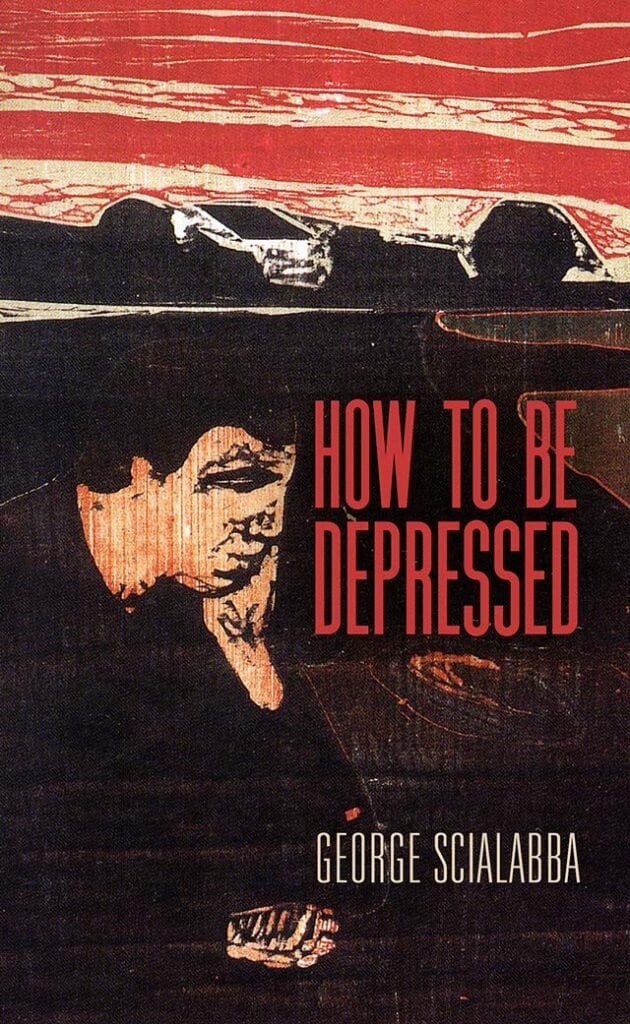
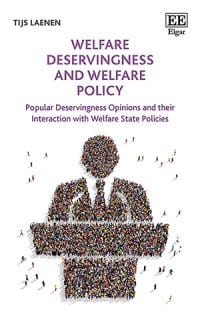

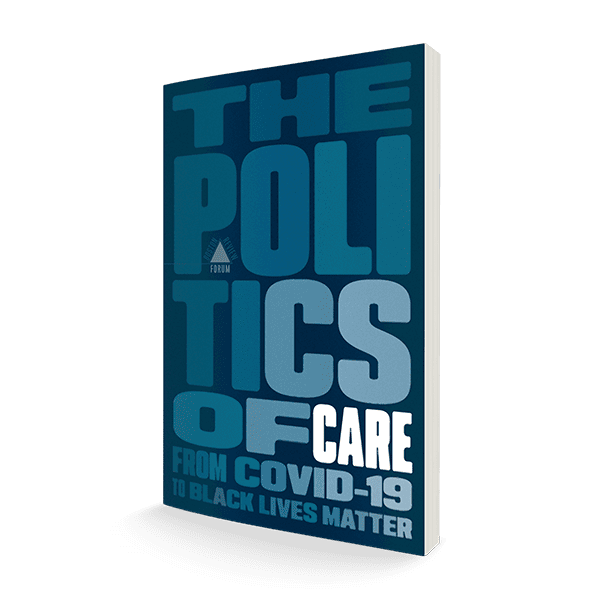
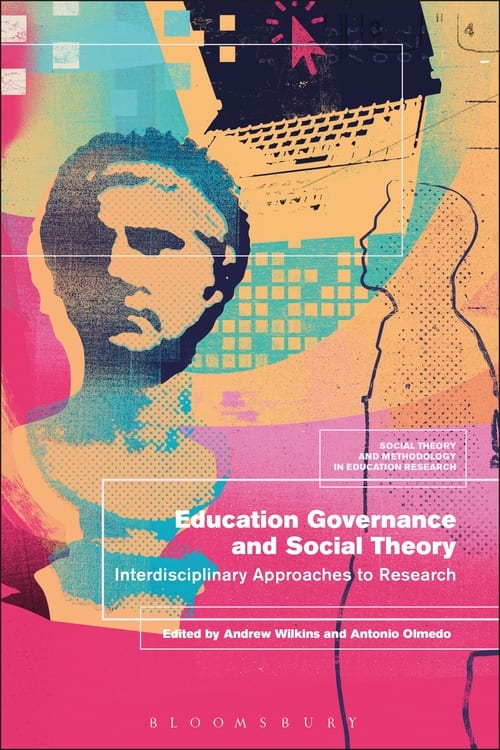

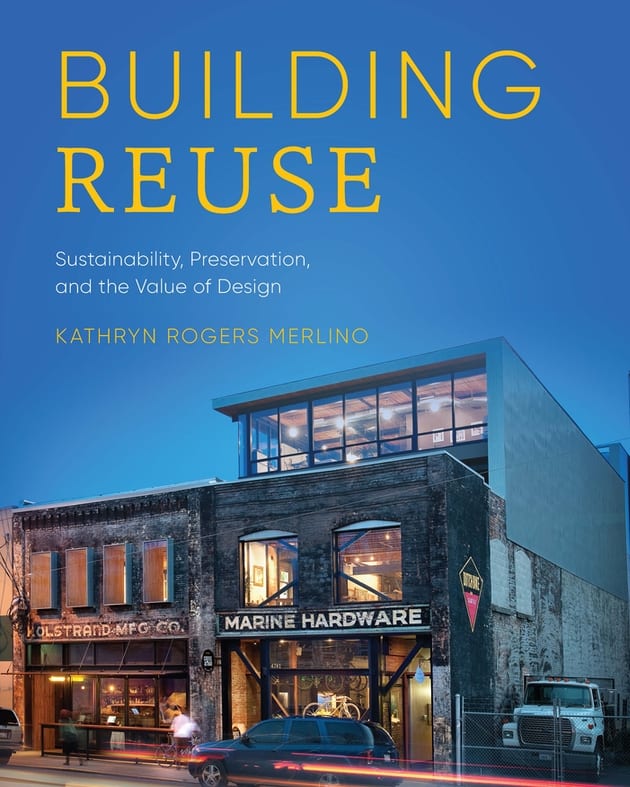
The construction and operation of buildings is responsible for 41 percent of all primary energy use and 48 percent of all carbon emissions, and the impact of the demolition and removal of an older building can greatly diminish the advantages of adding green technologies to new construction. In Building Reuse, Kathryn Rogers Merlino makes an impassioned case that truly sustainable design requires reusing and reimagining existing buildings.

